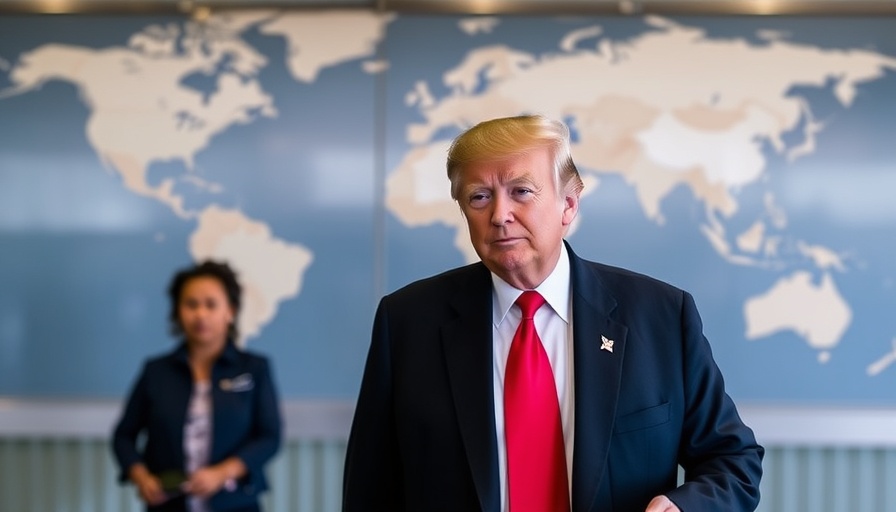
The First White Refugees From South Africa: What This Means
The recent flight of the first white South Africans to the United States under the controversial refugee plan initiated during former President Trump's administration has stirred significant discussions both domestically and internationally. This initiative, aimed primarily at aiding white farmers facing violence and land seizures in South Africa, raises intricate questions regarding race, economic stability, and global migration patterns.
Understanding the Context of the Refugee Plan
The backdrop of this refugee plan is essential to grasp the complexities involved. Many white South Africans have faced unprecedented levels of violence and severity in their agricultural pursuits, largely driven by land reform policies aimed at rectifying historical injustices. Critics argue that prioritizing white South Africans further deepens societal divisions, while proponents express concern for their safety amidst ongoing turmoil. This duality presents a nuanced view of race and crisis in modern South Africa.
Geopolitical Implications for Africa and the U.S.
The movement of South Africans to the U.S. is emblematic of broader geopolitical shifts. As the U.S. engages with issues of migration, the effects are likely to ripple across diplomatic relations with African countries. This refugee plan not only signals the U.S.'s stance on African governance and crisis management but also places pressure on South African leadership to respond adequately to the underlying socio-economic issues. For investors and policymakers, this represents a critical juncture in understanding Africa's role in global trade and international diplomacy.
Potential Effects on South Africa’s Economy
The departure of white farmers might have a significant impact on South Africa's agriculture sector, which is heavily reliant on their expertise. As these citizens leave, concerns grow over food security and economic stability, intensifying debates around land reform and economic equity. Business leaders will need to closely monitor these shifts as they could indicate broader trends affecting Africa's financial markets and economy.
Looking Forward: Trends and Predictions
As discussions surrounding this refugee plan continue, it is essential to consider the future landscape of both the United States and South Africa. With rising anti-immigrant sentiments and fluctuating economic policies, one can expect increased vigilance on both sides regarding migration and economic partnerships. This situation could catalyze more intensified dialogues on governance, human rights, and mutual cooperation, especially in regions where Africa finds itself at the center of global discussions.
For those interested in the intersections of African politics and global governance, staying informed about these developments will be essential in shaping future strategies and partnerships.
 Add Row
Add Row  Add
Add 


 Add Row
Add Row  Add
Add 

Write A Comment